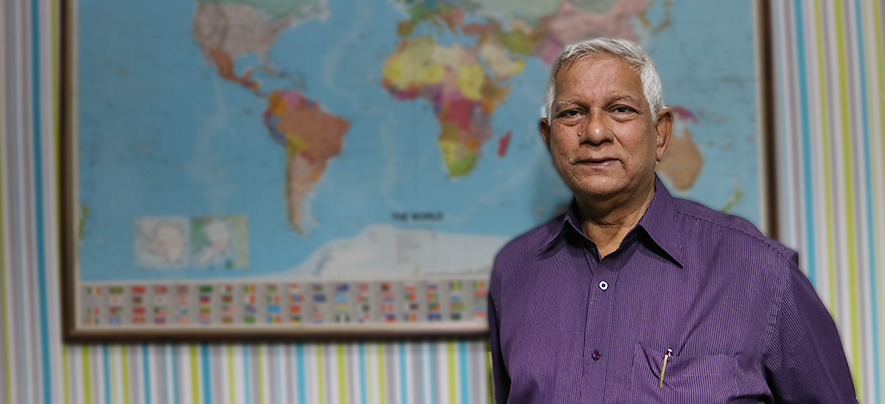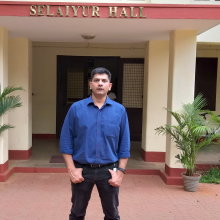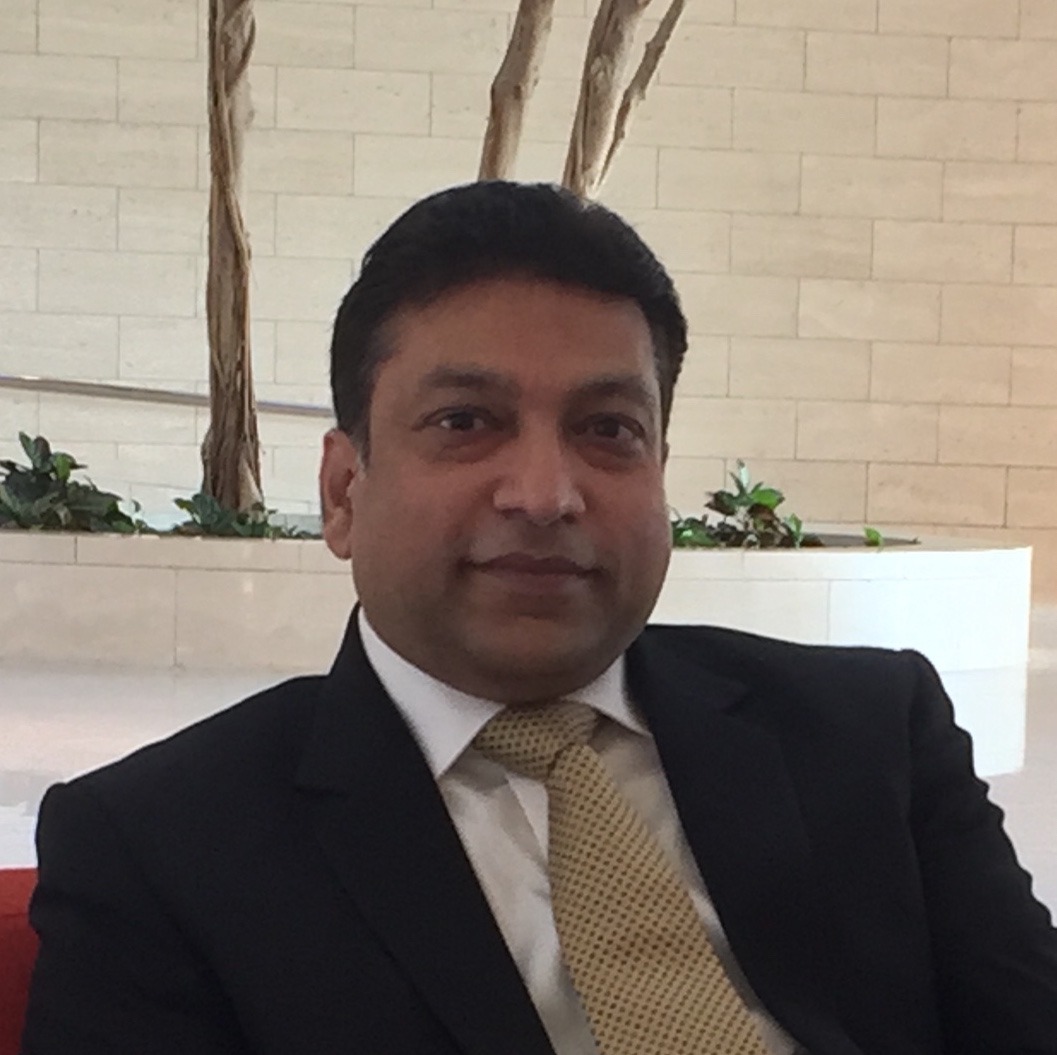Kochi export firm in operation since the days of the Raj
SME Inspirations
401 week ago — 6 min read
The history of some businesses spans across different time periods and ages. Their stories and growth are closely interwoven with the realities of the time. M.M Abdul Hameed & Sons was originally started in Kochi during the British Raj and was primarily an exporter of lemongrass oil and producer of rubber.
In a fortuitous turn of events they were one of the first Indian companies to be given equal status as their British counterparts to export their products. Over time, their core competency in lemongrass oil remained, with the fourth generation of the family involved in the same business. Standing up to the might of the Russian trading companies during the Cold War is one of the milestones of the managing partner - M.A Mohammed.
In conversation with GlobalLinker (GL) M.A. Mohammed (MM) shares the journey of his company and what has made his business stand the test of time. Watch this video to learn more:
GL: Tell us about your business.
MM: This firm was started way back in 1945. We are involved in the export of essential oils — mainly lemongrass oil. This oil was the main source of vitamin A during World War 2. At that time, the export line was dominated by British firms and my grandfather was originally a supplier to these British firms.
There was a certain system called ‘deposit’ at the time. We had to deposit the oil which was not billed and kept in custody by the British firms. Without the consent of my grandfather, they sold the oil abroad. The British firm that had custody of our oil owed my grandfather INR 3 lakhs - a lot of money in those years. Then, the British Managing Director came forward and confessed his mistake. He agreed to take our firm into a British pool like a syndicate or consortium. That is how we became the first Indian firm to enter a British pool.
We also had a cashew factory which processed cashew kernels. In addition, we had a rubber estate. We produced rubber sheets for domestic consumption. We had a bank of our own as well. But when the RBI decreed that a bank had to have more than one branch in one state, we didn’t want to take the risk to expand.
Our main item of production is lemongrass oil. A competitor of mine once remarked, “If you prick Mohammed’s vein, blood will not come out - lemongrass will come out!”. Manufacturing and exporting lemongrass oil is our core business — that is the legacy that four generations of the family are carrying forward.
GL: What are the challenges you have faced in establishing your business?
MM: The main challenge we faced was quality. When I took over from my father in 1971, the distillation of the grass into oil was done in a very traditional way - using boiling water. It was not steam distilled. I changed this system into a mechanised and modern system employing boilers. The content of the oil was 75% or 76% and then it became 84% citrol which is another name for this oil.
I confess I was not able to diversify into any line. Being a very conservative family, we did not want to borrow money from banks and do risky business and incur heavy losses. Our interest was in consolidation rather than expansion. Being a very small family, having only one son and a daughter, with the son having only three children, there was no point in expanding further. After all, you cannot take the money you have earned in your life and bury it in your grave. When you expand beyond a limit, you incur a lot of headache and family life can be reduced to nil. So far, my biggest asset is that I have had a very fruitful family life.
GL: What are some of the milestones of your business?
MM: My biggest achievement as I look back today is the stand I took against the mighty USSR in India. After the Bangladesh war in 1971, the USSR was buying 90% of our product at 30-40% price above the international market. When they found that lemongrass oil was one of their main purchase products they thought about cutting me out, the intermediary, from the transaction process. But with my contacts here I was able to garner more than enough stock leaving them with nothing. They ultimately took me as their sole supplier.
Another milestone was in the year 1984. Tapioca was grown mainly in Thailand and the production was decimated there. The German buyers wanted dried Tapioca. A whole ship was brought to Mangalore and I supplied them with 25,000 tons of Tapioca. That was a one off. From the next year on, Thailand came back into business.
GL: What role do you feel GlobalLinker plays in connecting & assisting SMEs?
MM: In India, and maybe even globally, there was no facility that collected all business-related information in one place. So to avail of such services and gather business related information, such a facility has not been available in India and the world. GlobalLinker is the answer to that problem.
GL: What is your message to aspiring entrepreneurs?
MM: A pessimist can find a calamity in every opportunity. An opportunist will find an opportunity in every calamity. If an entrepreneur wants to enter an industry with a 100% assurance of profitability with no risk, he will never do business. You must take calculated risks, not reckless risks.
Network with M.A. Mohammed by clicking on the 'Invite' button on his profile.
Disclaimer: This article is based solely on the inputs shared by the featured member. GlobalLinker does not necessarily endorse the views, opinions & facts stated by the member.
Posted by
GlobalLinker StaffWe are a team of experienced industry professionals committed to sharing our knowledge and skills with small & medium enterprises.
Network with SMEs mentioned in this article
View GlobalLinker 's profile
Most read this week
Trending
Ecommerce 4 days ago














Comments (1)
Share this content
Please login or Register to join the discussion